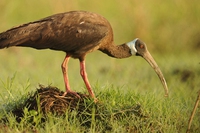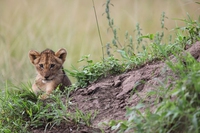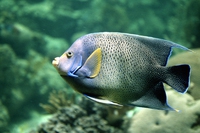
Colobus Conservation, restoring Kenya’s coasts to protect monkeys
The rare Angolan black and white colobus monkey lives high in the trees and hardly ever comes down to the ground. It is a leaf eater and the forest is essential to its survival. On the southern coast of Kenya, where the coral rag forests which are extremely rich in biodiversity have slowly been disappearing in favour of








